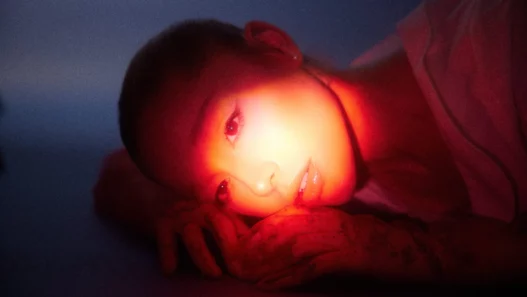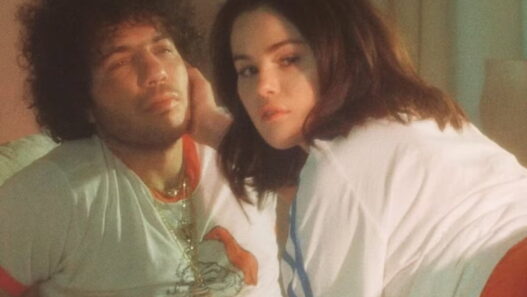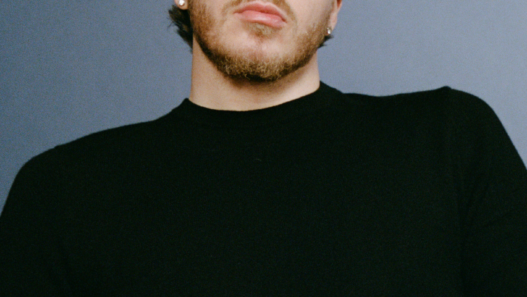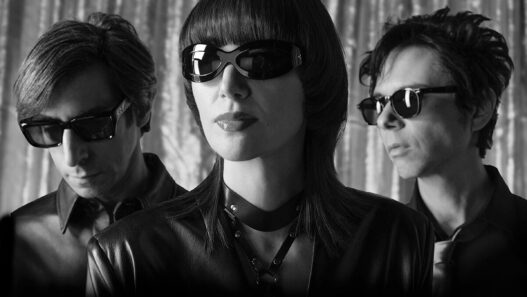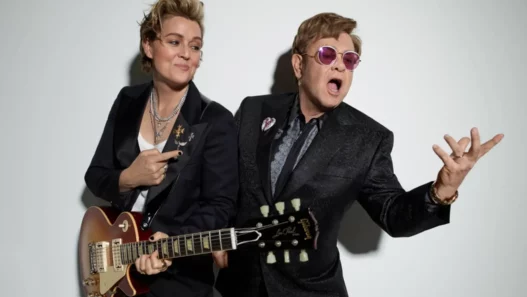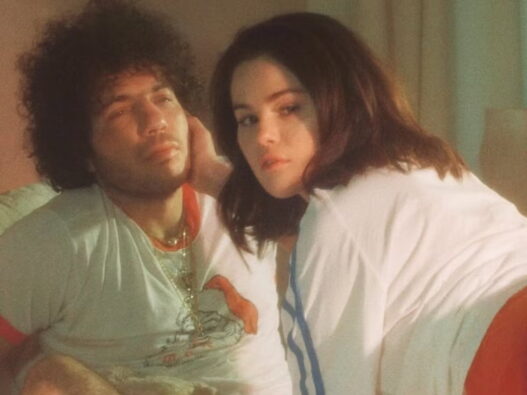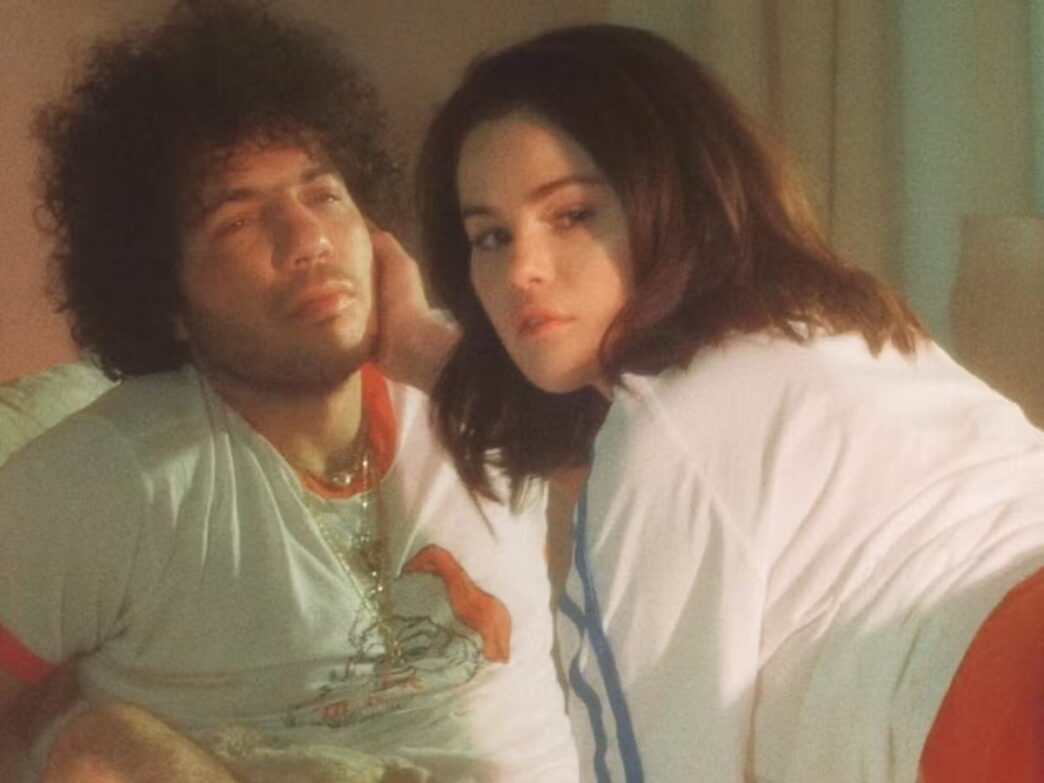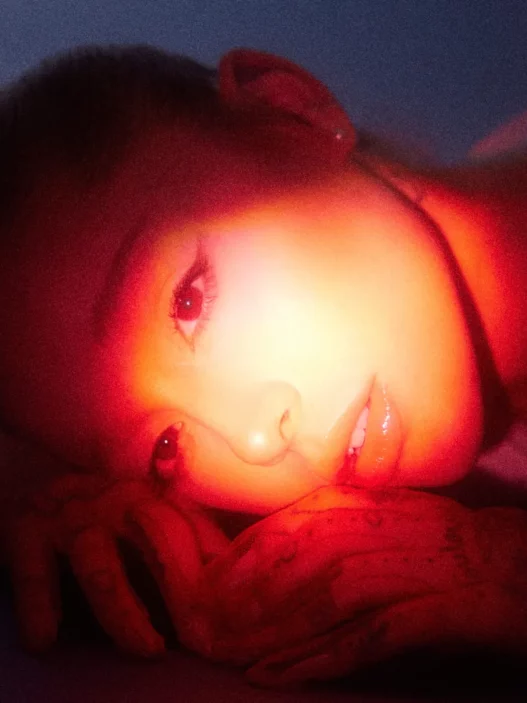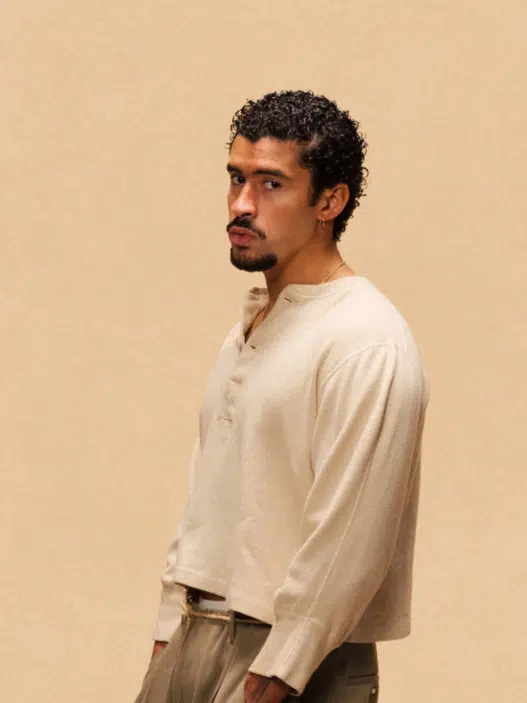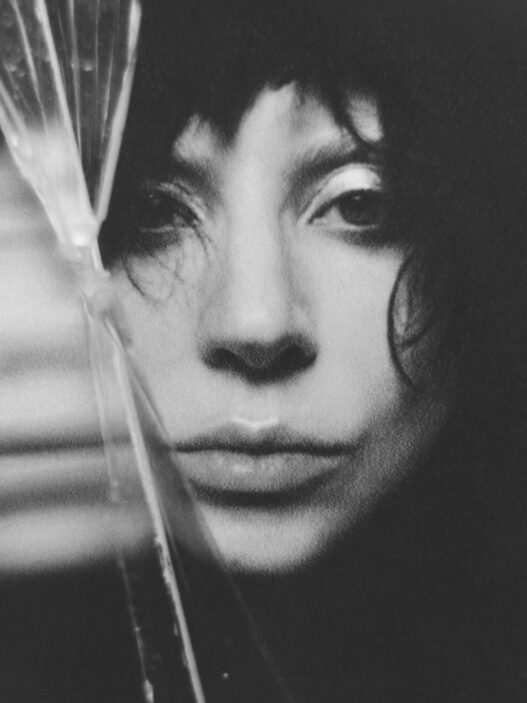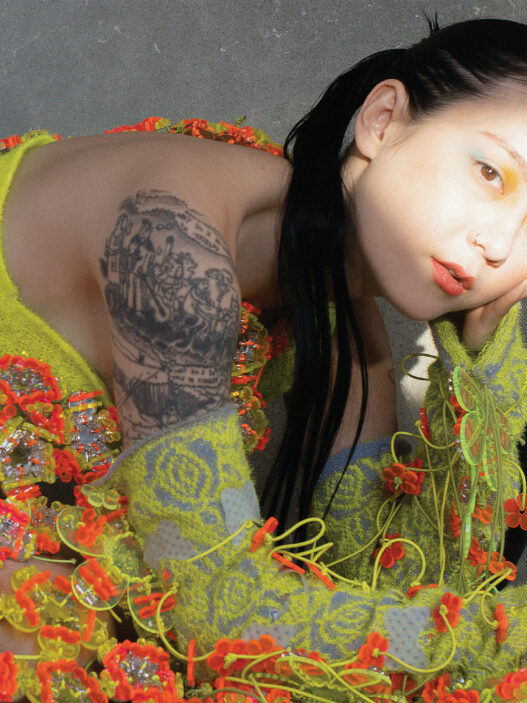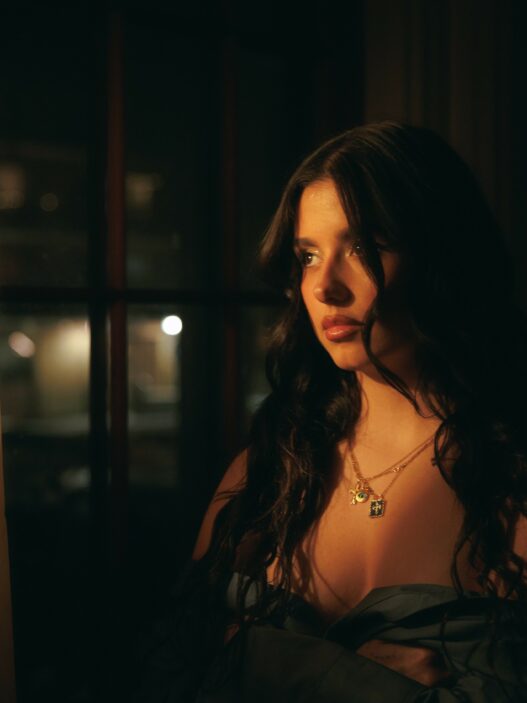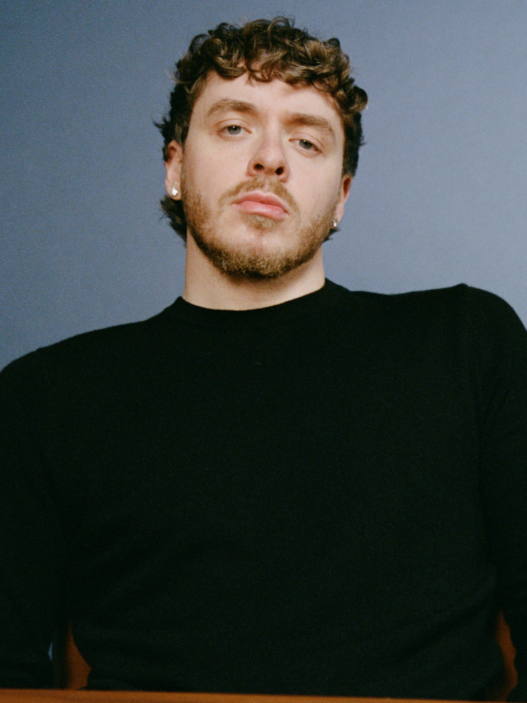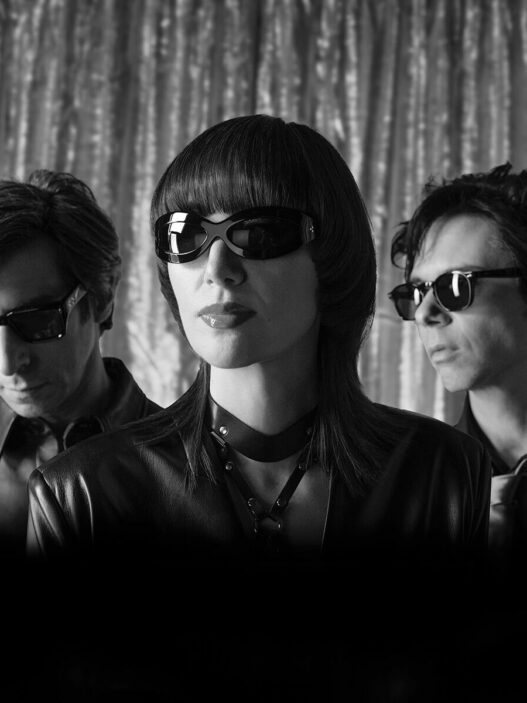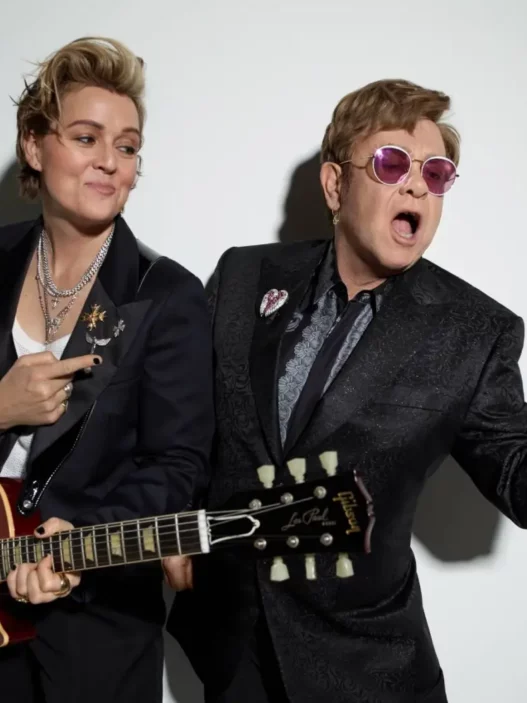When Selena Gomez and Benny Blanco announced their first collaborative album, I Said I Love You First, expectations ran high—perhaps too high. After all, Gomez’s fans have patiently waited five years since Rare, her critically acclaimed and deeply personal comeback. With Blanco, her fiancé and a pop production heavyweight, joining forces, one could reasonably anticipate an intimate and cohesive record capturing their romantic chemistry. The reality, however, is less a deep dive into their love story and more like a carefully curated playlist—pleasant in parts, but disjointed when consumed as a whole.
The album opens with an intimate archival audio clip: Gomez emotionally reflecting on leaving her Disney days behind, immediately setting a nostalgic yet revealing tone. It quickly transitions into “Younger and Hotter Than Me,” a melancholic piano ballad addressing feelings of inadequacy and the passing of time in the ruthless entertainment industry. It’s a promising start, Gomez at her emotional, vulnerable best, pairing raw lyrics like “I hate what I wore, but I hate myself more” with Blanco’s sparse yet effective arrangement.
Yet, immediately following this compelling opening, the album’s coherence starts to unravel. Tracks like “Call Me When You Break Up,” featuring Gracie Abrams, are undeniably catchy but feel disconnected from the vulnerable intimacy established at the album’s onset. It’s an enjoyable, danceable piece on its own, but placed within the album’s narrative, it leaves listeners wondering: Is this Gomez opening up, or simply enjoying the sonic playfulness of her fiancé’s pop expertise?
Standouts like “Ojos Tristes” offer a lovely homage to Gomez’s Mexican heritage, beautifully blended with dreamy vocals from María Zardoya of the Marías. Likewise, “Bluest Flame,” a collaboration with Charli XCX, provides a glimpse into what this album might have been: bold, playful, and refreshingly original. Yet these peaks are offset by less inspired moments like “Sunset Blvd,” whose attempt at cheeky lyricism—”I can’t wait to hold that big, big, hard… heart”—falls flat rather than landing as intended humor.
Gomez has always excelled at confessional pop, but ironically, on an album ostensibly celebrating her relationship, many tracks avoid specificity. Songs like “You Said You Were Sorry” and “How Does It Feel to Be Forgotten” hint tantalizingly at past relationships and emotional baggage, yet Gomez remains guarded, holding her cards frustratingly close and leaving listeners at a distance rather than drawing them closer.
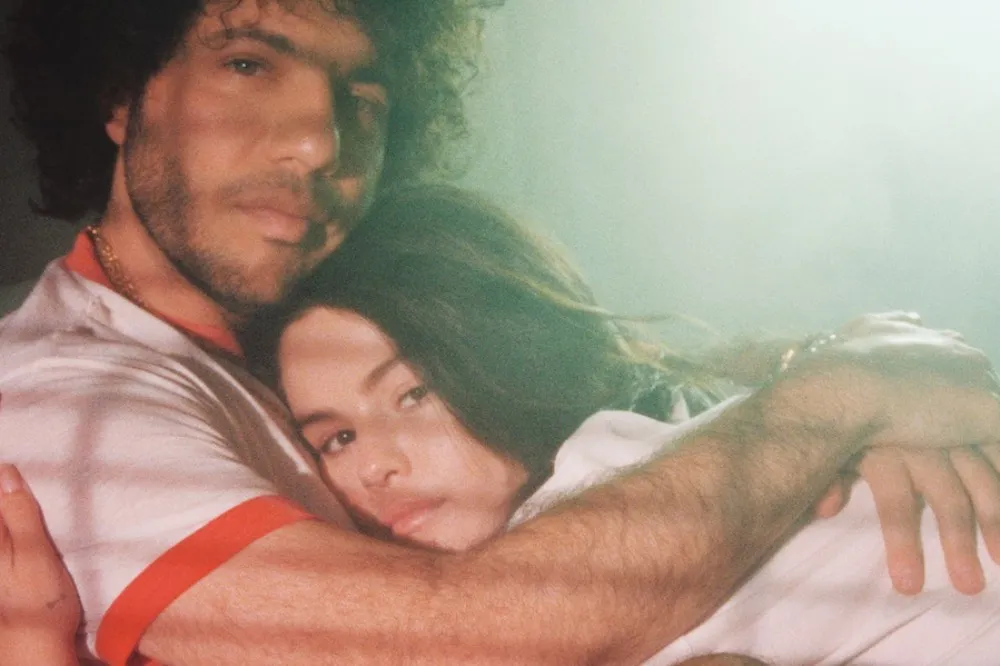
Interestingly, it’s in the less directly romantic tracks—those that wrestle with insecurity, jealousy, or self-reflection—that Gomez truly shines. In “Don’t Take It Personally,” her voice finds a sweet spot of clarity and emotional nuance, offering a compelling glimpse into her complex emotional landscape. It begs the question: what if the entire album leaned into this depth rather than floating comfortably on its surface?
Ultimately, I Said I Love You First feels less like a cohesive album and more like a curated selection of Gomez and Blanco’s favorite ideas, songs, and sonic experiments. It’s a playlist, charming in isolation but lacking the connective tissue to become an enduring listen from start to finish. Perhaps that’s intentional—a love story often is a jumble of contradictions, memories, and snapshots. But as an album, it makes for selective listening rather than a complete journey.



